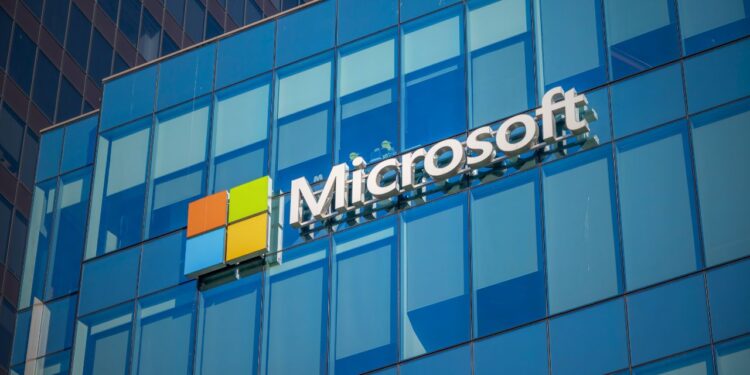The European Union (EU) is set to formally introduce new antitrust charges against Microsoft over its alleged anti-competitive practices involving its Microsoft Teams software.
According to a report published by The Financial Times, three unnamed sources said the European Commission (EC) is moving forward with charges against the tech giant.
The charges follow the EC’s investigation into Microsoft’s practice of bundling its Teams collaboration tool with its Office 365 suite. It’s reported that Microsoft has previously taken steps to position the company away from encountering regulatory measures from Brussels, by expanding its strategy to separate Teams from other software like Microsoft Office — not only across the EU, but globally too.
This has reportedly not been enough to sway the minds of European regulators.
The overall market for collaboration tools like Microsoft’s Teams and Office 365 suit has been ramping up competition over the past year.
According to a study published by Tech.co, 80% of businesses “employing seven different collaboration tools” reported high productivity rates. Seven was the highest number of tools that Tech.co asked about in the survey. The data shows how businesses are using multiple collaboration tools to improve productivity rates.
While business leaders in surveys like Tech.co’s reveal their businesses are successfully making use of multiple collaboration tools, European regulators still believe Microsoft could unfairly limit competition from other communication platforms being used by businesses.
According to a report published by Tech Radar, Microsoft would face substantial fines that could reach as high as 10% of its global annual turnover if its found guilty of breaching EU law. Moreover, the EU’s actions could lead to changes in how the tech company bundles its products.
This would change how communication tools are distributed to businesses globally. However, this development is not just a matter of market competition — it could directly impact remote and hybrid work teams across the EU because it influences which tools companies may or may not decide to use.
The post pandemic workforce is more flexible and distributed than ever before. One Atlassian survey reveals 99% of Fortune executives also believe the future of work is distributed.
This has led the global workforce to increasingly rely on digital solutions for workplace collaboration, and the outcome of cases like Microsoft’s set a precedent for how these tools are integrated into workflows.



 Dr. Gleb Tsipursky – The Office Whisperer
Dr. Gleb Tsipursky – The Office Whisperer Nirit Cohen – WorkFutures
Nirit Cohen – WorkFutures Angela Howard – Culture Expert
Angela Howard – Culture Expert Drew Jones – Design & Innovation
Drew Jones – Design & Innovation Jonathan Price – CRE & Flex Expert
Jonathan Price – CRE & Flex Expert












